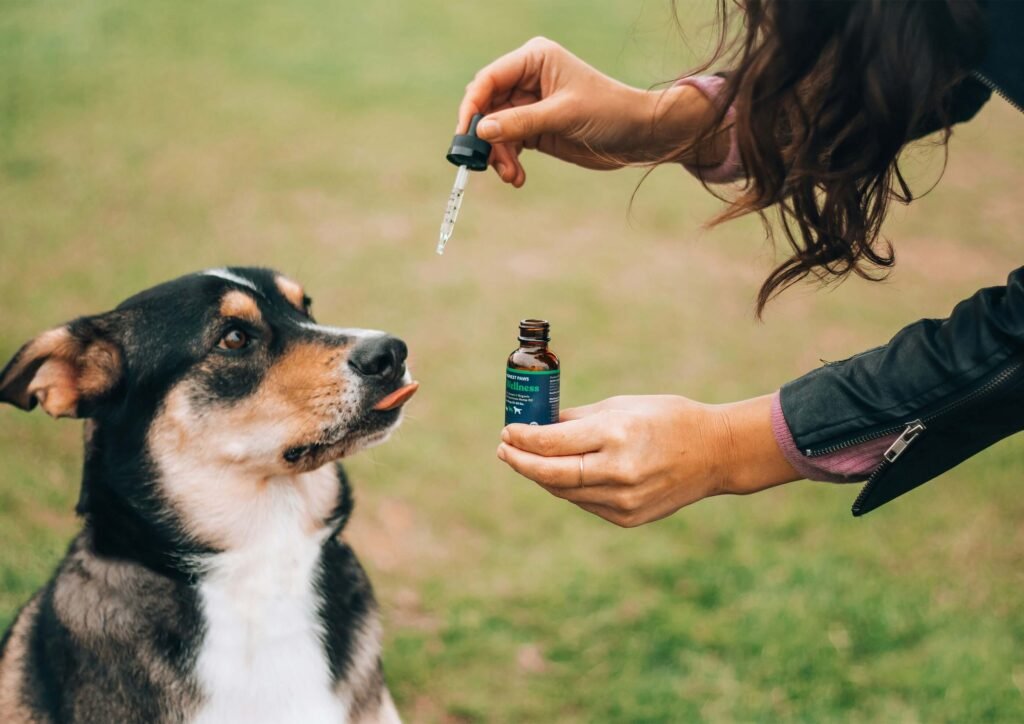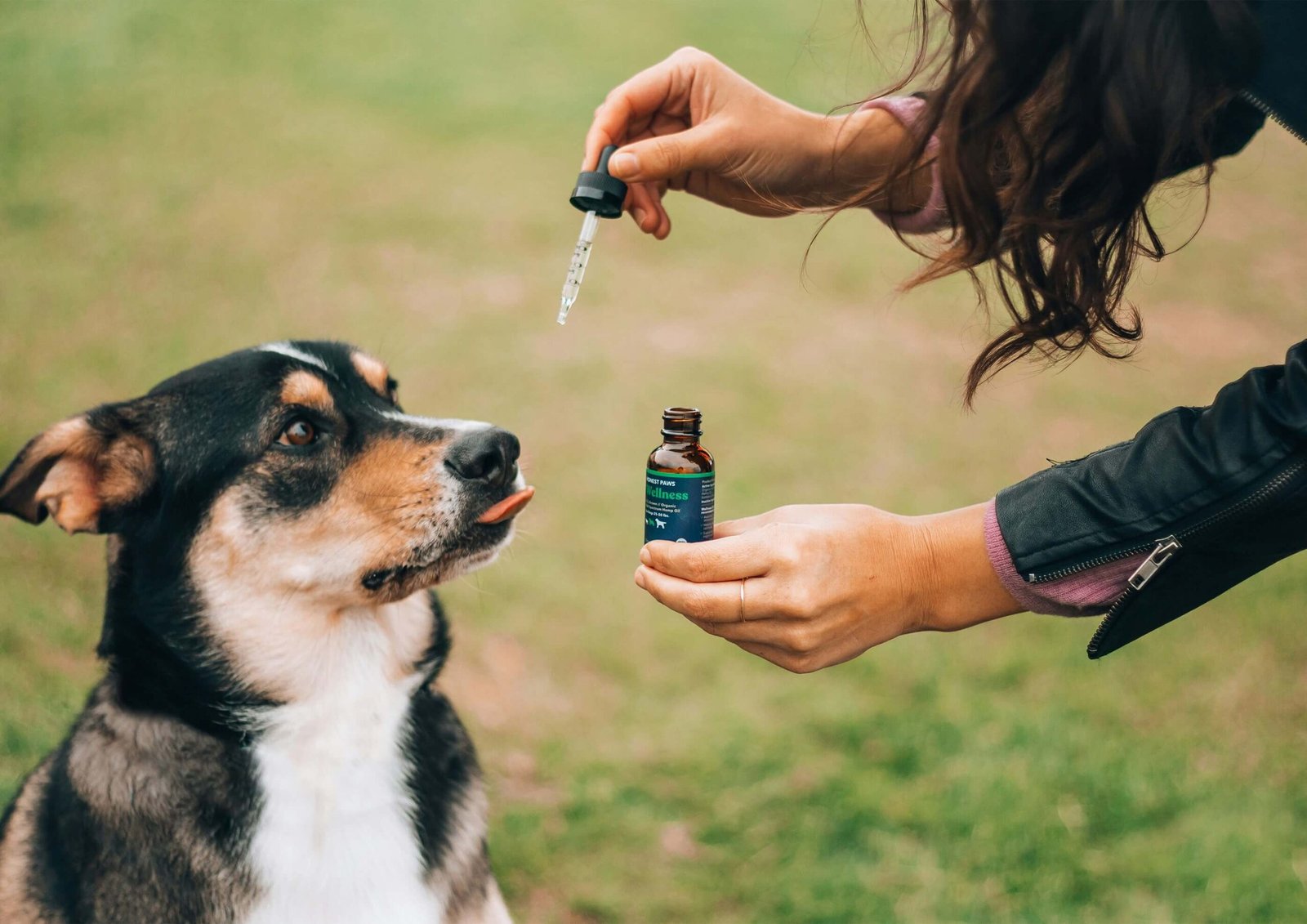Why Is My Dog Shaking When Breathing? Understanding the Signs
Have you ever noticed your dog trembling or shaking while breathing? While it might seem alarming at first, there are several reasons why this could happen. Sometimes, it’s a harmless reaction to excitement or cold weather, but in other cases, it could signal an underlying health issue. This blog will explore the possible causes, symptoms, and solutions to help you better understand what your furry friend might be experiencing. Let’s dive into the details to ensure your dog stays happy and healthy.
Common Causes of Shaking During Breathing
Understanding why your dog shakes when breathing is essential for addressing the issue effectively. Here are some common reasons behind this behavior:
Excitement or Anxiety
Dogs often shake when they’re overstimulated, such as during playtime or when meeting new people.Cold Temperatures
Just like humans, dogs can shiver when exposed to chilly environments.Pain or Discomfort
If your dog is injured or experiencing pain, shaking may be a sign of distress.Respiratory Issues
Conditions like asthma or infections can cause labored breathing and shaking.Nausea or Upset Stomach
Digestive issues can lead to tremors as your dog tries to cope with discomfort.
If your dog frequently shakes while breathing, it’s important to observe their behavior closely and consult a vet if necessary. Early detection can make all the difference in ensuring their well-being.
Symptoms to Watch For
While shaking during breathing can occur for various reasons, certain symptoms may indicate more serious problems. Keep an eye out for these signs:
Rapid or Labored Breathing
Difficulty breathing is often accompanied by shaking and requires immediate attention.Coughing or Wheezing
These sounds may suggest respiratory issues that need professional evaluation.Lethargy or Weakness
A lack of energy could mean your dog isn’t feeling well.Loss of Appetite
Refusing food is a red flag that something might be wrong.Blue Gums or Tongue
This indicates a lack of oxygen and requires urgent care.
By monitoring these symptoms, you can identify potential problems early and take appropriate action. Remember, your dog relies on you to notice changes in their health.
Check this guide 👉Why Dogs Kick Their Back Legs: Best 7 Expert Tips!
Check this guide 👉Why Do Dogs Lick Your Feet? Best 7 Expert Tips!
Check this guide 👉Why Wont My Dog Stop Panting? Best 7 Expert Tips!

Signs to Monitor | Possible Causes |
|---|---|
Rapid panting | Heatstroke or anxiety |
Trembling during rest | Pain or neurological issues |
Shaking after exercise | Muscle fatigue or dehydration |
Persistent coughing | Respiratory infection or allergies |
Unusual posture (hunched) | Abdominal pain or injury |
How to Comfort Your Dog
When your dog is shaking while breathing, providing comfort can help ease their stress. Here are some steps you can take:
Create a Calm Environment
Reduce noise and distractions to help your dog relax.Offer Warmth
Use blankets or warm compresses to soothe them if they’re cold.Provide Fresh Water
Ensure they stay hydrated, especially if they’ve been active.Limit Physical Activity
Avoid strenuous exercises until you determine the cause of the shaking.Speak Softly and Reassure Them
Your voice can provide comfort and reassurance during stressful times.
Taking these measures can help alleviate your dog’s discomfort while you figure out the root cause of their shaking.
When to Visit the Vet
While occasional shaking isn’t always a cause for concern, there are situations where veterinary intervention is crucial. Consider visiting the vet if:
The Shaking Persists
Continuous shaking without an obvious trigger should not be ignored.Your Dog Appears Weak
Lethargy combined with shaking can indicate a serious condition.There Are Changes in Behavior
Sudden aggression or withdrawal may point to underlying issues.Breathing Becomes Irregular
Gasping, wheezing, or choking sounds require immediate medical attention.You Notice Other Symptoms
Vomiting, diarrhea, or loss of coordination should prompt a vet visit.
Early diagnosis and treatment can prevent complications and improve your dog’s quality of life.
Preventive Measures to Keep Your Dog Healthy
Taking preventive steps can significantly reduce the likelihood of your dog shaking during breathing episodes. Here are some practical tips:
Regular Vet Check-Ups
Schedule routine visits to monitor your dog’s overall health and catch potential issues early.Balanced Diet and Nutrition
Provide high-quality food tailored to your dog’s age, size, and activity level.Exercise and Mental Stimulation
Ensure your dog gets enough physical activity and mental challenges to stay fit and happy.Maintain a Comfortable Environment
Keep your home at a moderate temperature and free from stressors like loud noises.Vaccinations and Parasite Control
Stay up-to-date with vaccinations and use flea/tick prevention products as recommended by your vet.
By adopting these preventive measures, you can help your dog lead a healthier, more comfortable life, reducing the chances of unexplained shaking or breathing issues.
Home Remedies to Soothe Your Dog
While professional veterinary care is essential for serious conditions, some home remedies can provide temporary relief when your dog shakes while breathing. Consider these options:
Gentle Massage
A soft massage can relax tense muscles and calm your dog’s nerves.Aromatherapy
Use pet-safe essential oils like lavender to create a calming atmosphere.Warm Compresses
Apply a warm towel to your dog’s back or abdomen to ease discomfort.Quiet Space
Designate a cozy corner where your dog can retreat when feeling overwhelmed.Herbal Teas (Pet-Safe)
Offer diluted chamomile tea to help soothe mild anxiety or digestive upset.
These remedies can offer comfort in non-emergency situations, but always consult your vet before trying new treatments to ensure they’re safe for your dog.
Understanding Breed-Specific Vulnerabilities
Certain dog breeds are more prone to respiratory or health issues that may cause shaking during breathing. Knowing your breed’s vulnerabilities can help you take proactive steps:
Brachycephalic Breeds (Pugs, Bulldogs)
These dogs often struggle with breathing due to their flat faces and narrow airways.Small Breeds (Chihuahuas, Yorkies)
Tiny dogs are more susceptible to hypoglycemia, which can cause tremors.Large Breeds (Great Danes, Mastiffs)
They may develop heart conditions that affect breathing patterns.Working Breeds (Border Collies, Huskies)
High-energy dogs might shake from exhaustion or overexertion.Senior Dogs (All Breeds)
Aging pets commonly experience joint pain, arthritis, or respiratory decline.
Understanding breed-specific risks allows you to tailor your care approach and address potential problems before they escalate. Always prioritize regular check-ups for early detection.
Frequently Asked Questions About Dog Shaking When Breathing
Is it normal for dogs to shake while breathing?
Occasional shaking can be normal, but persistent shaking warrants investigation.
Can excitement cause my dog to shake while breathing?
Yes, excitement or anxiety can lead to temporary shaking.
What should I do if my dog’s gums turn blue?
Seek emergency veterinary care immediately, as this indicates oxygen deprivation.
How can I tell if my dog is in pain?
Look for signs like limping, whimpering, or reluctance to move.
Are certain breeds more prone to respiratory issues?
Brachycephalic breeds (e.g., pugs, bulldogs) are more susceptible to breathing difficulties.
Prioritize Your Dog’s Health
Dogs are more than pets—they’re family. Observing their behavior closely and understanding the reasons behind actions like shaking while breathing can strengthen your bond and ensure their happiness. Whether it’s a minor issue or something more serious, staying informed and proactive is key. With love, care, and timely intervention, you can provide your furry companion with the best life possible. Always trust your instincts—if something feels off, don’t hesitate to seek professional advice. After all, a healthy dog is a happy dog!
Canned Pumpkin for Cat Diarrhea: Best 7 Expert Tips! Natural remedy to firm stools, soothe upset bellies, and support gut health safely.
Can a Cat Give You Scabies? Best 7 Expert Tips! Discover the truth about feline mites, human skin risks, and how to protect yourself—without panic.
Cat Flea vs Human Flea: Best 7 Expert Tips! Discover the truth about bites, species, and how to eliminate infestations for good.
Weird Cat Behaviors: Best 7 Expert Tips! Discover why cats do strange things—and how to understand, not punish, their instincts for a happier home.





